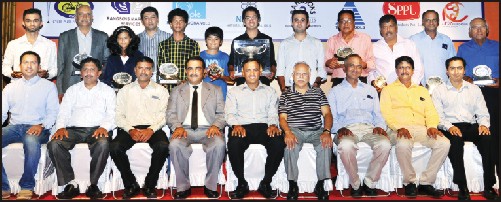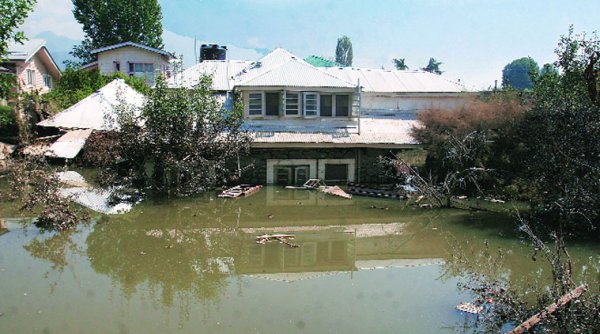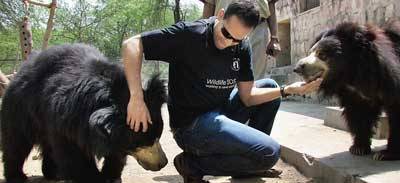ALIGARH: Reading The Fault in Our Stars, now that social media is abuzz with talks of the film adaptation of the book, maybe a tad difficult if you live in Aligarh. Despite the city being home to one of the country’s most prestigious educational institutions – Aligarh Muslim University – the absence of a good bookshops selling fiction, non-fiction or, for that matter, anything beyond prescribed reading material for students is quite a telling let-down.
“The city has somehow never really felt the need to have the kind of arrangement where you can go and buy fiction in a store that’s well-furnished with eclectic literary offerings,” says Shubhangini, a CAT aspirant. “Although there is not much of a choice when it comes to book shopping, it doesn’t mean people in Aligarh are not aware of the current scenario in the world of literature. Popular books can be procured through some of the stores by placing an order and paying a commission.”
There are nearly 100 bookshops functioning for decades in Aligarh, but they mostly cater to the madrassa-going students and sell Urdu literature. And almost all stores stock reading material that help in preparations for competitive examinations. This leaves the lover of fiction/non-fiction with little choice but to tap online sources or place an order at a bookshop, which may take anywhere between a week and 10 days (depending on availability) to deliver. The other option is to travel down to Delhi or the National Capital Region and go on a book shopping spree or, if one is a student, rely on AMU libraries to satiate the inner bibliophile.
Though education fairs are common in Aligarh, book fairs are few and far between. “It is a small city without much tourist inflow. So, there are not many stores that sell popular books. There are far more education fairs than book fairs here,” says Sandeep Choudhury, who recently organized an education fair in the city.
Students being on the look-out for better opportunities and job prospects have prompted even the oldest bookstore in the city – Malviya Pustakalaya – to stock books for competitive exams and recruitment tests. Malviya Pustakalaya, incidentally, has one of the most valuable collections of literature, religion, philosophy and Hindi novels.
“These were ordered, so we got them,” says Sanjeev Agarwal of Vimal Book Store, pointing to a stack of popular fiction and non-fiction reading material. It was only recently that 1 % of the shop’s stocks began comprising authors like Arundhati Roy and William Dalrymple. “Earlier, there used to be a store selling fiction but now it has shut down, probably because of dipping sales.”
However, what makes Aligarh unique to bookworms is its repository of Urdu literature. Home to a substantial number of madrassa and AMU students, the city’s stores have an enviable collection of fiction and non-fiction by Faiz, Firaq and Ghalib. “Urdu works are most popular as a lot of retired professors or students from madrassas or AMU reside here,” says Asad Faisal Farooqui, who frequents the Education BookHouse established in 1927.
“It is interesting to see modern English literature being translated into Urdu for them,” he says, adding, “Students have bought Urdu translations of books by Jaswant Singh, Irfan Habib and also religious texts, including translations of the Bhagvad Gita.”
However, the trend does not go beyond prescribed reading material or books talked about in popular media. As Ashok Kuckreja of Aligarh Law Books, says, “Students buy what their professors recommend, which may be pertinent to one’s course but may not help build a larger reading repertoire.”
The experienced bookseller rues never being asked for books by, say, legal humourist Marc Galanter or by the likes of AP Herbert. “Not even 1% of that genre is ordered here, I have tried so many times to bring to their notice the works of Edward Heward on Lord Denning, John Mortimer’s ‘The Devil’s Advocate’ and Krishna Swamy’s work on V R Krishna Iyer, but there is no interest,” Kuckreja says.
source: http://www.timesofindia.indiatimes.com / The Times of India / Home> City> Agra / by Eram Agha, TNN / September 22nd, 2014














